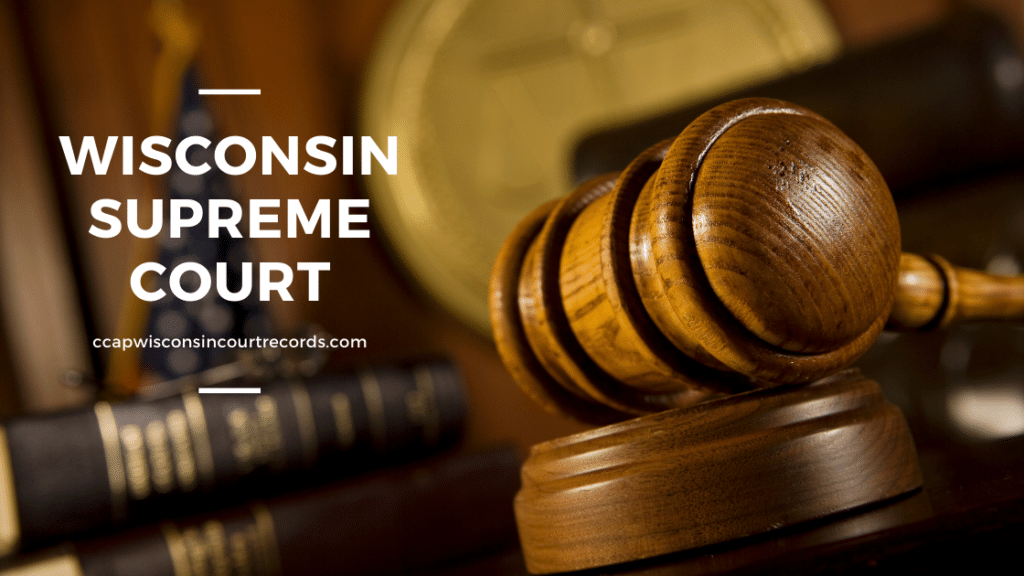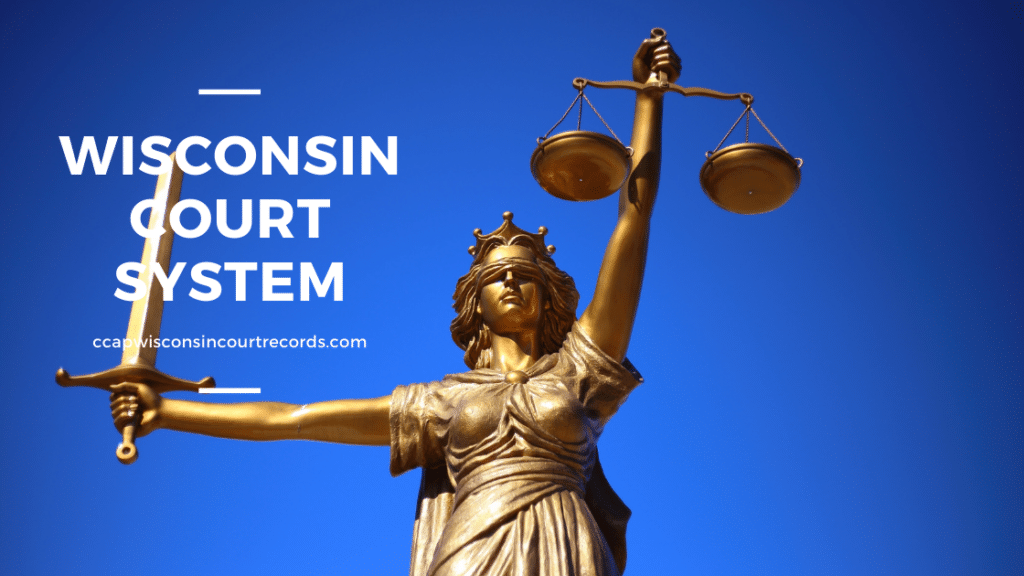The highest level of appellate courts in the state of Wisconsin is the Wisconsin Supreme Court. Established in 1853, this court is responsible for hearing cases from lower-level courts and regulating the practice of law in Wisconsin. There are times when the court will hear cases that are not heard in other courts.
Powers of the Wisconsin Supreme Court
The authority that this court has aside from regulating the courts and the practice of law, includes bypassing appellate courts and certifying cases presented to the court by the court of appeals. This means that the Wisconsin court of appeals is unable to provide a ruling for a court case because the court believes that the case is regarding a law that should be decided by the Wisconsin supreme court.
Overview of Wisconsin Supreme Court
In Wisconsin, this is known as the last resort court. It is composed of 7 elected justices that serve 10-year terms. The exception is the chief justice, who is elected by justice votes for a 2-year term. The individual elected to the title is able to decline the appointment of chief justice for the court.
For a case to move forward in the court whether it is a petition to bypass the Court of Appeals or to certify a question of the law, it requires 4 justice votes. If it is a petition for review of a case presented by the Appeals court, there is only a requirement of 3 votes to move forward.

The court will hear both sides of the case in what is called an oral argument. This session can last up to an hour because 30 minutes is allotted to each side to present their case before the court. Once the session is complete, the justices will meet to discuss the opinion of the court. This meeting usually takes place the day after hearing the oral arguments. After determining an opinion regarding a case, one of the 7 justices is assigned to write the opinion of the court. This opinion is then published on the court’s website for review by the general public.
Questions About the Wisconsin Supreme Court
There is a directory on the court’s website that lists the various departments of the court and their contact information. This information is available in the event an individual has questions regarding cases reviewed by the court or the process of the court.
The court does participate in the Wisconsin “Justice on Wheels” program where the justices will travel throughout the state to hear court cases. This program gives individuals the opportunity to ask questions about court procedures, and to get a better comprehension of how the court operates.
Contacting the Wisconsin Supreme Court
The Supreme Court of Wisconsin is located in the state’s capitol of Madison. The contact information for the justices and the clerk of the supreme court are listed below:
Justices Office
16 East State Capitol
Madison, WI 53701
Phone: 608-366-1888
Fax: 608-261-8299
Clerk of the court
110 East Main St Ste 215
Madison, WI 53701
Phone: 608-266-1880
Fax: 608-267-0640
